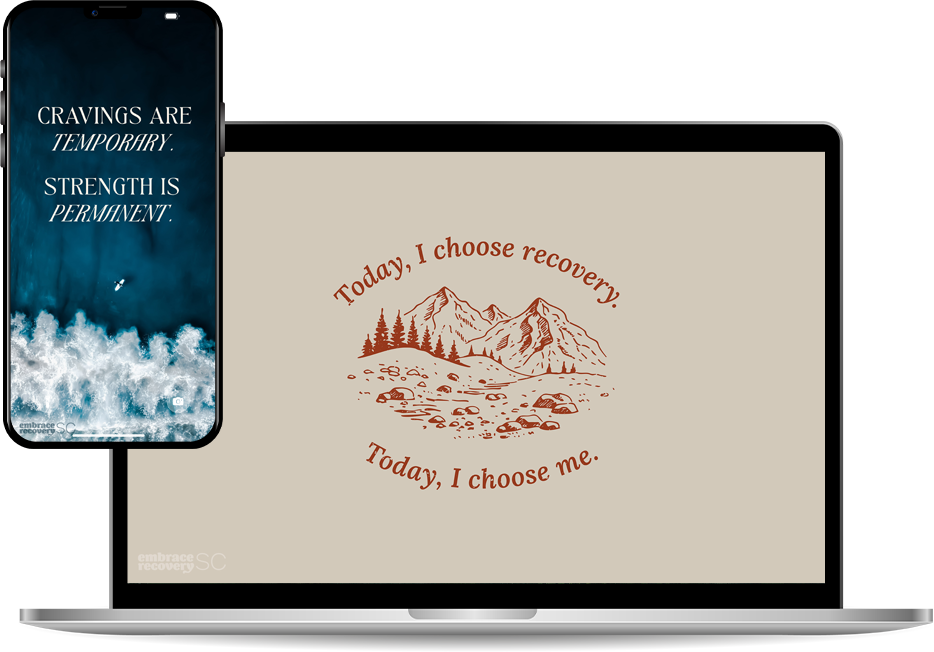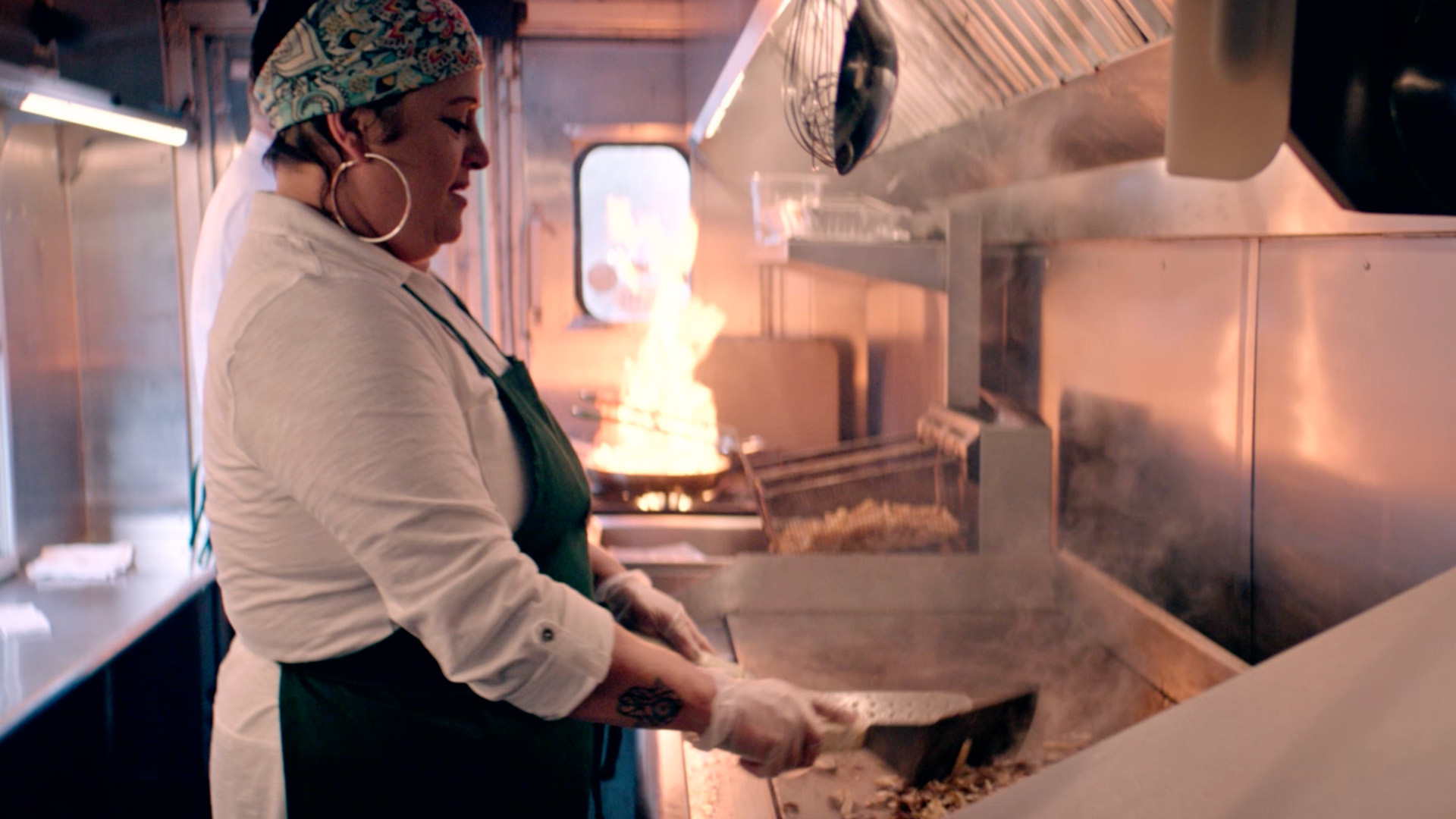What is recovery?
Health
Supporting physical and emotional well-being through healthy lifestyle choices like exercise, nutritious eating and more.
Home
Having a stable, safe and recovery-friendly place to live and grow physically, emotionally and mentally.
Purpose
Participating in meaningful daily activities like working, volunteering, learning or exploring creative pursuits.
Community
Having positive relationships and social networks that provide support, friendship, love and hope.
Download daily encouragement
Turn your phone or computer screen into a source of strength with these motivating wallpapers.
Visit the Gallery
In the News
Check out how recovery is showing up in headlines and in our communities.
Read More Articles

Every day in recovery is a reminder that healing is not a finish line, but a commitment you keep choosing. We`re proud of you for choosing healing—for choosing recovery! #WeDoRecover #EmbraceRecovery ...
Anyone can have a substance use disorder, which is why we encourage everyone to learn how to talk about them with compassion and an open heart. 💟 #WeDoRecover ...
Some days the only win is showing up sober. That counts. Keep going. #WeDoRecover ...
Open Your Heart to Recovery
Show that you’re embracing recovery with the Open Heart:
a unifying symbol of support, strength and solidarity through the recovery journey. Whether you’re supporting a loved one, standing as an ally or in recovery yourself, using the Open Heart signals that you're a safe person to turn to for help, free of judgment. Add the Open Heart emoji to your social bios, use it in texts or download these resources to show your open support of recovery.
Words of Inspiration
Print this tear-off flyer to share the Open Heart and inspiring messages with your local community.
Open Heart Bingo
Every small act of support matters. See how many you can check off with this Open Heart bingo game.
Share the Open Heart
Download this little card to keep as a reminder or to pass on as a sign that your heart is open to recovery.
How can I support recovery?
Your mindful words and actions can make a powerful difference in someone’s recovery journey. Help create a sense of trust and encouragement with these language and support tips.
Learn the Language of RecoveryStay inspired
Follow on InstagramRecovery looks different for everyone, and there are different types of #recovery services available in #SouthCarolina.
👉 Peer Support & Recovery Support
👉 Recovery Community Organizations (RCOs)
👉 A Recovery-Oriented System of Care (ROSC)
👉 Collegiate Recovery Programs
#RecoveryIsPossible #EmbraceRecovery ...
Catching yourself in the moment and taking the time to make #SmallChanges in your everyday conversations means more than you may think. 💟 Using the #LanguageOfRecovery shows you care about those on their recovery journey. #RecoveryIsPossible ...
No matter what day you`re on, recovery happens one day at a time. Focus on today and keep going! #RecoveryIsPossible ...